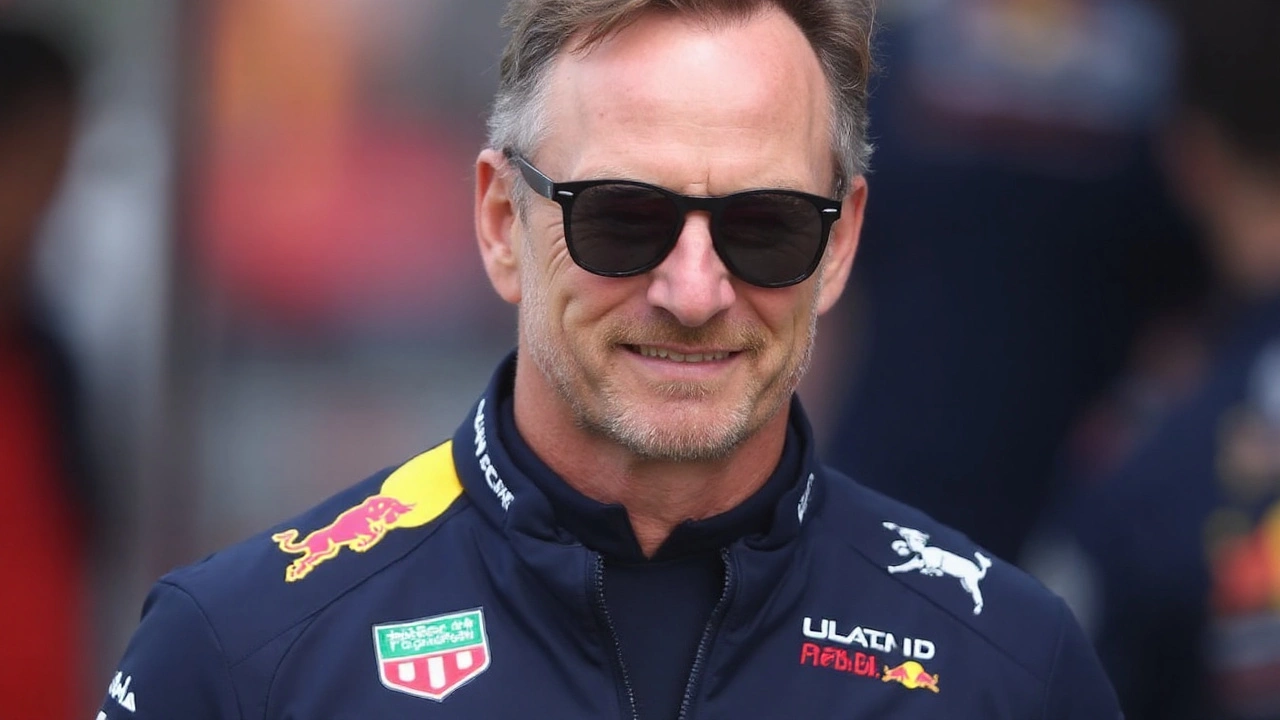Christian Horner – What Makes the Red Bull Racing Boss Tick?
If you’ve ever watched a Formula 1 race and wondered why Red Bull Racing keeps popping up at the front, a big part of the answer is Christian Horner. He’s the guy who calls the shots, keeps the team focused, and makes sure the cars are ready to fight. In this article we’ll break down his background, his leadership tricks, and why his approach matters to anyone who wants to lead a high‑pressure team.
Early Career and Rise to the Top
Christian started out as a driver in the lower‑formula series back in the 1990s. He never made it to F1 as a driver, but that didn’t stop him from staying in the sport. He moved into team management and quickly showed a knack for spotting talent and squeezing performance out of limited resources.
In 2005 he took over the struggling Jaguar F1 team, which later became Red Bull Racing. The team was at the back of the grid, but Christian’s focus on building a strong engineering core and a clear vision turned things around. By 2010 the team was battling for podiums, and by 2011 they clinched their first drivers’ championship with Sebastian Vettel.
What set him apart early on was his willingness to listen. He didn’t act like a boss who knows everything; he asked engineers, drivers, and pit crew what they needed. That habit built trust and gave him real‑world data to make decisions.
Leadership Secrets That Drive Red Bull Racing
One of Horner’s main tricks is keeping communication short and clear. In a sport where milliseconds matter, a vague instruction can cost a race. He uses simple language, repeats key points, and makes sure everyone knows their exact role before a Grand Prix weekend starts.
Another hallmark is his focus on culture. He treats the team like a family that shares a common goal, not just a collection of employees. That means celebrating small wins, learning from mistakes together, and keeping morale high even after a bad race.
Data is king in F1, but Horner balances numbers with gut feeling. He looks at telemetry, tyre wear, weather forecasts, and then adds his own sense of when a driver is feeling confident. This blend of analytics and intuition helps him decide when to push for a risky pit stop or when to play it safe.
He also keeps pressure on himself. Horner often says the biggest competitor is the next lap. By holding himself to the same high standards he sets for the team, he avoids complacency and forces constant improvement.
Finally, Horner never stops learning. He reads about technology trends, attends conferences, and even watches other sports for inspiration. This habit keeps Red Bull Racing ahead of the curve, whether it’s new aerodynamic ideas or novel ways to motivate staff.
For anyone outside F1, Horner’s playbook offers practical lessons: keep communication crystal clear, build a strong, supportive culture, blend data with intuition, hold yourself accountable, and stay curious. Whether you run a startup, coach a youth team, or manage a kitchen, these principles can lift performance.
Christian Horner’s story shows that success isn’t just about the fastest car; it’s about the people behind it and the leader who can bring out their best. Next time you watch a race, notice how the team works together – that’s the real magic behind the checkered flag.

Christian Horner Walks Away with £80 Million After Red Bull Split
Red Bull confirmed the departure of long‑time team boss Christian Horner with an eye‑watering £80 million severance. The 51‑year‑old was ousted in July after a power struggle, leaving a contract that ran to 2030. Laurent Mekies steps in as the new CEO‑principal while Horner’s exit comes as Red Bull’s 2025 form fades. The payout could let him re‑enter F1 as soon as next season, with Alpine rumored as his next stop.
Detail